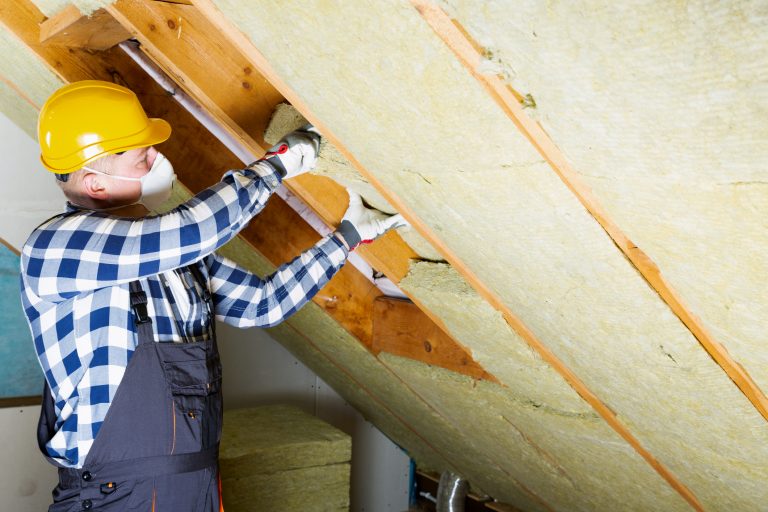New interactive map shows local authorities leading the way on home retrofit

Reducing carbon emissions associated with energy used in our homes is one of the biggest challenges facing the nation in terms of making the transition to a net zero carbon economy. Just last week, the Government announced a one year extension to its £2bn Green Homes Grant programme, signalling the importance of decarbonising our homes, and the opportunities retrofit action can bring to job creation and our economic recovery from Covid-19. However, action cannot stop at Green Home Grants. To achieve net zero carbon by 2050, we will need to improve almost all of the UK’s 29 million homes[1], meaning we need to retrofit more than 1.8 homes every minute between now and 2050.
Together with central government, local and combined authority leadership will be essential to deliver action on home retrofit. A quarter of funds allocated under the Green Homes Grant scheme is ringfenced for local authorities to spend under the Local Authority Delivery scheme, which means supporting towns and cities to effectively target funding and develop their own retrofit programmes will be essential to maximising the success of the scheme.
The map, which highlights leading local and combined authorities across the UK, is a live resource to support officers responsible for driving local retrofitting programmes, including those directing the Green Homes Grant funding. Users can navigate the map to identify relevant examples of best practice from neighbouring authorities and draw upon lessons learned from existing policies and programmes.
Enabling towns and cities to develop their own home retrofit programmes is one of the primary objectives of the Accelerator Cities programme. Launched in 2019, the project brings together some of the UK’s most ambitious city authorities and other expert stakeholders to catalyse action on home retrofit. Partners and supporters of the project can be found on the UKGBC website.
The information displayed on the map has been compiled through submissions made by local and combined authorities, publicly available information and one-on-one discussions with specific local authorities. The map is not exhaustive of every local authority’s activity, and UKGBC is inviting further submissions from authorities across the UK for inclusion.
To accompany the map, UKGBC has also published version 2.0 of its Retrofit Playbook – a detailed resource pack designed to further support local and combined authorities in developing retrofit policies and initiatives.
John Alker, Director of Policy and Places at UKGBC said:
“Most local authorities have declared a Climate Emergency and put in place ambitious targets for getting to net zero emissions. However, without refurbishment of our existing housing stock to massively cut carbon, we can forget about meeting those targets.
“Central Government could and should do more by strengthening the Green Home Grants scheme and setting out a clear long-term policy framework for home retrofit – including financial incentives for householders to take action. But cities and local authorities also have a crucial role to play.
“We are seeing a picture emerging across the country of pockets of local leadership driving the successful delivery of residential energy efficiency programmes. We now need to see this ramp up significantly and hope the resources available through Accelerator Cities can support others wanting to take action.”
-ENDS-
Notes to editors
The Retrofit Policy Map and Playbook have been produced as part of the Accelerator Cities Programme – a project designed to support and enable local and combined authorities to take action on home retrofit, run by UKGBC and partners, with co-funding from EIT Climate-KIC.
The interactive map can be accessed here. This map is a live resource and will be updated regularly; details of how to submit a new entry can be found on the UKGBC website at: https://ukgbc.org/interactive-policy-map.
Version 2.0 of the Retrofit Playbook can be accessed here.
[1] Committee on Climate Change, “UK housing: Fit for the future?”
Related
UKGBC launches the UK Climate Resilience Roadmap

UKGBC responds to the Climate Change Committee’s 2025 Progress Report

UKGBC responds to 2025 Comprehensive Spending Review

Industry reacts as Simon McWhirter appointed Chief Executive of UKGBC

